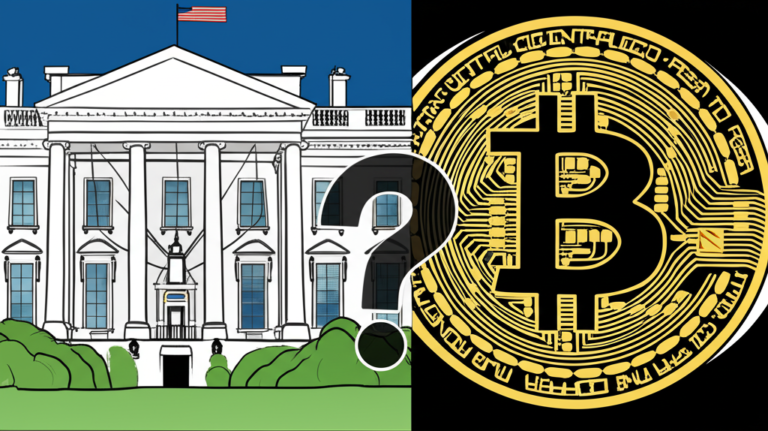GENIUS Act: A Game Changer for Stablecoin Decentralization?
The cryptocurrency landscape is ever-evolving, and recent regulatory moves are shaping its future in significant ways. One such development is the GENIUS Act, which, according to Circle executive Dante Disparte, is designed to prevent the dominance of tech giants and large banks in the stablecoin market. This article delves into the implications of this legislation and its potential impact on the future of decentralized finance (DeFi).
Preventing Tech and Banking Giants from Monopolizing Stablecoins
Disparte’s comments highlight a key concern within the crypto community: the potential for centralized entities to exert undue influence over stablecoins, a crucial component of the crypto ecosystem. Stablecoins, pegged to fiat currencies like the US dollar, are used for various transactions and provide a degree of stability within the otherwise volatile cryptocurrency market. However, if controlled by a handful of powerful institutions, the very stability they offer could be jeopardized, potentially leading to manipulation and systemic risk.
The GENIUS Act, an abbreviation likely referring to a specific piece of legislation (further research is needed to find the full name and legislative details), appears to address this concern directly. By imposing strict regulatory hurdles, the Act aims to level the playing field, preventing large corporations from acquiring a disproportionate share of the stablecoin market. This could involve limitations on market share, stricter compliance requirements, or even outright prohibitions on certain types of activities.
Implications for DeFi and Innovation
This move has significant implications for the decentralized finance (DeFi) space. DeFi relies heavily on stablecoins for various applications, including lending, borrowing, and decentralized exchanges (DEXs). The GENIUS Act’s potential to promote a more diverse and decentralized stablecoin market could foster greater innovation and competition within DeFi. This, in turn, could lead to more efficient and accessible financial services for users worldwide.
However, the success of the GENIUS Act depends on its effective implementation and enforcement. Overly stringent regulations could stifle innovation and make it difficult for smaller players to compete. Finding the right balance between safeguarding against market manipulation and fostering competition will be critical.
Further research is needed to fully understand the specific clauses within the GENIUS Act. Details on its enforcement mechanisms, potential exemptions, and the definition of “dominance” will be crucial in assessing its long-term impact. News outlets and legal experts will likely be closely monitoring its progression and implementation.

Potential Challenges and Future Outlook
The GENIUS Act’s effectiveness will be determined by its ability to:
- Prevent the consolidation of power in the hands of a few large corporations.
- Foster competition and innovation in the stablecoin market.
- Balance regulatory oversight with the need to protect innovation within the DeFi ecosystem.
- Ensure fair and equitable access to stablecoin services for all market participants.
Successfully navigating these challenges is crucial for maintaining trust and promoting the healthy development of the stablecoin market and the broader cryptocurrency ecosystem.
Bullet Point Summary:
- The GENIUS Act aims to prevent Big Tech and banks from dominating the stablecoin market.
- Strict regulatory hurdles are intended to promote decentralization and competition.
- The Act has significant implications for the DeFi ecosystem and future stablecoin innovation.
- The long-term success depends on effective implementation and enforcement, striking a balance between regulation and innovation.
- Further research is required to fully understand the Act’s details and implications.










